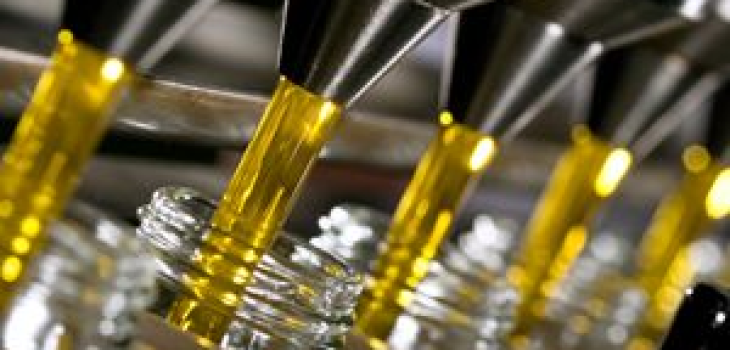What's Sansa Oil?
In agribusiness there is a multitude of oils, including: extra virgin olive oil, olive oil or olive-pomace oil. The distinction is made mainly on the basis of chemical parameters such as acidity: if it is less than 0.8 percent, the oil is considered extra virgin olive oil; if it reaches 2 percent, it is considered olive oil.But among the supermarket shelves we also find another type of oil: olive pomace oil. This product is nothing more than the proceeds of residues such as fragments of stones, peels and pulp. Quantunque it seems to be a waste product, pomace oil occupies a privileged position in the agribusiness sector because it contains between 2 percent and 6 percent of the weight of the oil.
This oil is extracted in specific sansifici or oil mills, such as that of Alessandro Lovascio and his brothers, through a special process of pressing and centrifugation, combined with the use of chemical solvents such as hexane. In its raw state it is not edible at all and needs to be further refined and blended with extra virgin olive oil.
Ultimately, olive-pomace oil should be regarded as an edible by-product of olive oil, which is very rich in monounsaturated fats useful to the human body, and whose chemical composition, similar to that of oil, has higher amounts of linoleic acid.
Today, the use of olive-pomace oil is growing strongly, partly due to the significantly lower price r
What are the uses of Sansa oil?
In the kitchen, pomace oil is widely used in the preparation of baked goods since it is perfect for the preparation of focaccia, taralli, bread and cookies to which it is able to give a particular crunchiness.Moreover, thanks to its high smoke point, which gives it excellent resistance to high temperatures, it is ideal for light, healthy frying.
The suspicion, that pomace oil may be bad for you is due solely to its extraction and refining process. However, this fear is completely unfounded, since all extraction processes must be strictly controlled. Pomace oil is under much attention from the EU, which is investing in research to enhance the use of its food by-products.

